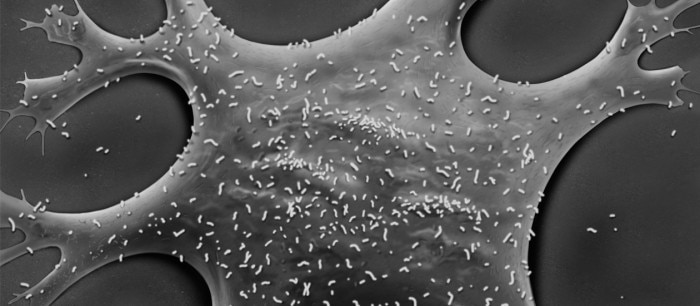MENU
FR | EUR
-
-
-
- Services pour bioprocédés
- Services pour centrifugeuse et rotors
- Services pour Mastercycler
- Services pour automates de pipetage
- Services pour congélateurs
- Services pour incubateurs
- Services pour agitateurs
- Services pour appareils de photométrie
- Service de contrôle de la température et de l’agitation
- Service pour pipette
-
-
-
-
- Services pour bioprocédés
- Services pour centrifugeuse et rotors
- Services pour Mastercycler
- Services pour automates de pipetage
- Services pour congélateurs
- Services pour incubateurs
- Services pour agitateurs
- Services pour appareils de photométrie
- Service de contrôle de la température et de l’agitation
- Service pour pipette
-
FR | EUR
-
- Centrifugeuses de paillasse
- Centrifugeuses au sol
- Centrifugeuses réfrigérées
- Microcentrifugeuses
- Centrifugeuses multi-fonctions
- Centrifugeuses haute vitesse
- Ultracentrifugeuses
- Concentrateur
- Produits IVD
- High-Speed and Ultracentrifuge Consumables
- Tubes de centrifugeuse
- Plaques de centrifugeuse
- Gestion des appareils
- Gestion des échantillons et des informations
-
- Pipetage manuel & distribution
- Pipettes mécaniques
- Pipettes électroniques
- Pipettes multicanaux
- Distributeurs et pipettes à déplacement positif
- Automates de pipetage
- Distributeurs sur flacon
- Auxiliaires de pipetage
- Pointes de pipette
- Consommables d’automatisation
- Accessoires pour pipettes et distributeurs
- Accessoires d’automatisation
- Services pour pipettes et distributeurs
Sorry, we couldn't find anything on our website containing your search term.

How to identify Mycoplasma contamination in your cell culture
Lab Academy
- Biologie cellulaire
- Culture cellulaire
- Contamination
- Incubateurs à CO2
- Consommables pour culture cellulaire
- Test
Macroscopic detection
Mycoplasma-positive cell cultures show no visible changes to the media.Microscopic detection
Mycoplasma are only about 0.1 - 0.3 µm in diameter, therefore detection via brightfield microscopy is not possible. This lack of visible signs of infection increases the risk of mycoplasma-positive cells remaining unnoticed.Experiments carried out with mycoplasma-infected cells may yield false, misleading and non-reproducible results. It is therefore crucial to test all cultures for mycoplasma on a regular basis. One simple method employs DNA staining; however, this method presents certain drawbacks. This table provides an overview of the advantages and disadvantages of different mycoplasma detection methods.
The method you will select may depend on one or more of the following:
- Access to the required equipment (for example thermocycler, fluorescence microscope, etc.).
- How many samples need to be tested at once.
- How urgently you need the results (the longer the testing procedure the higher the risk of spreading the contamination).
Lire moins
Related links
Lire moins

